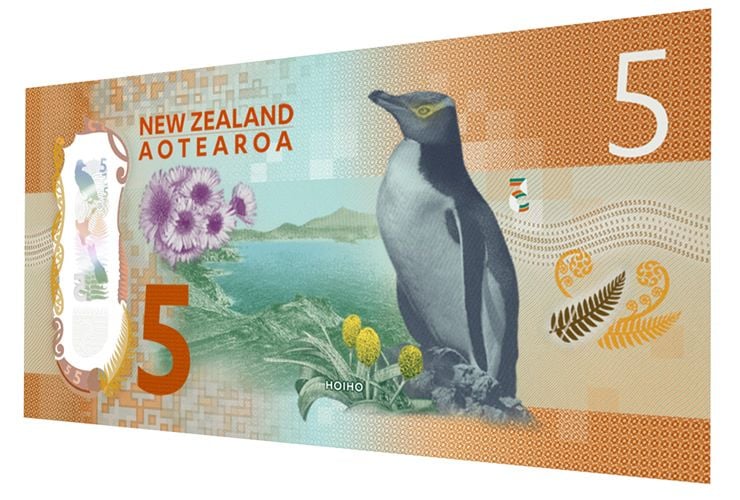Political Uncertainty Set To Continue Weighing On The New Zealand Dollar After Peters' Delay
- Written by: James Skinner

“We have got a few logistical thing to work out but as soon as possible after Thursday night" Winston Peters, New Zealand First leader on his coronation of the new king (or queen).
Political uncertainty looks set to continue weighing on the New Zealand Dollar into the fading hours of the week after Winston Peters pushed back his self-imposed deadline on which party his New Zealand First party would support in government.
The New Zealand First party emerged as kingmaker from the September election, with the third largest share of the vote, after the leading National and Labour Parties failed to garner enough support to form a government alone.
NZ First leader Winston Peters had been expected to back one party or the other by a self-imposed Thursday night deadline. But the 72 year old politician gave a press briefing on Wednesday in which he pushed back the deadline.
“We have got a few logistical thing to work out but as soon as possible after [Thursday night]. It depends on other parties as well but I can’t answer for them,” Peters told reporters waiting on the steps of the parliament building.
Peters has been in talks with the incumbent National Party government and the opposition Labour Party over a potential policy platform on which they can share power.
“NZ’s inconclusive election result and the ensuing government formation negotiations will probably continue to weigh on the NZD,” says Imre Speizer, head of New Zealand strategy at Westpac.
Markets have been nervous of a grand coalition between Labour, New Zealand First and the Green Party as this would likely result in a much more pro-growth mandate for the Reserve Bank of New Zealand.
The RBNZ changes would have an immediate impact on the outlook for Kiwi rates over the short term while the coalition’s policy agenda around migration and foreign ownership of some assets would be much more restrictive and so poses a downside risk to growth and rates over the longer term.
“This is actually about policy and it's about the economic and social progress of this country," Peters told reporters Wednesday when asked whether restrictions on foreign ownership of property is a priority in the negotiations. "There are a lot of priorities, not just one.”
Nearly three weeks on from the hard fought election, all of the votes have only just been counted, with ballots from Kiwis overseas and those voting by post taking more time to process.
The incumbent Nationals emerged as the largest party with 56 seats, with Labour in second place on 46 and New Zealand First in third with 9 seats. The Green Party came in a close 4th with 8 seats, leaving 119 seats out of the total 120 in the hands of the four largest parties.
It was originally thought that New Zealand First would enter a coalition with the incumbent National Party but talks between NZ First and the opposition Labour Party went better than many had expected.
Now, one former NZ Prime Minister, Jim Bolger, has speculated that NZ First could be leaning toward a possible confidence and supply deal rather than entering a coalition. But the feared grand coalition between NZ First, Labour and the Greens is also a greater possibility than it was before.
"You will all know, as well as us, that whatever decision we make it will cause disappointment and anguish - that's reality and there is no escaping that," NZ First leader Winston Peters said Tuesday.
With low yielders like Sterling and the Swiss Franc aside, the New Zealand Dollar slipped broadly against the G10 basket during early trading in London Wednesday.
The Pound-to-New-Zealand Dollar rate was quoted 0.08% lower at 1.8657 while the NZD/USD rate was down 0.05% at 0.7070.
Get up to 5% more foreign exchange by using a specialist provider by getting closer to the real market rate and avoid the gaping spreads charged by your bank for international payments. Learn more here.




